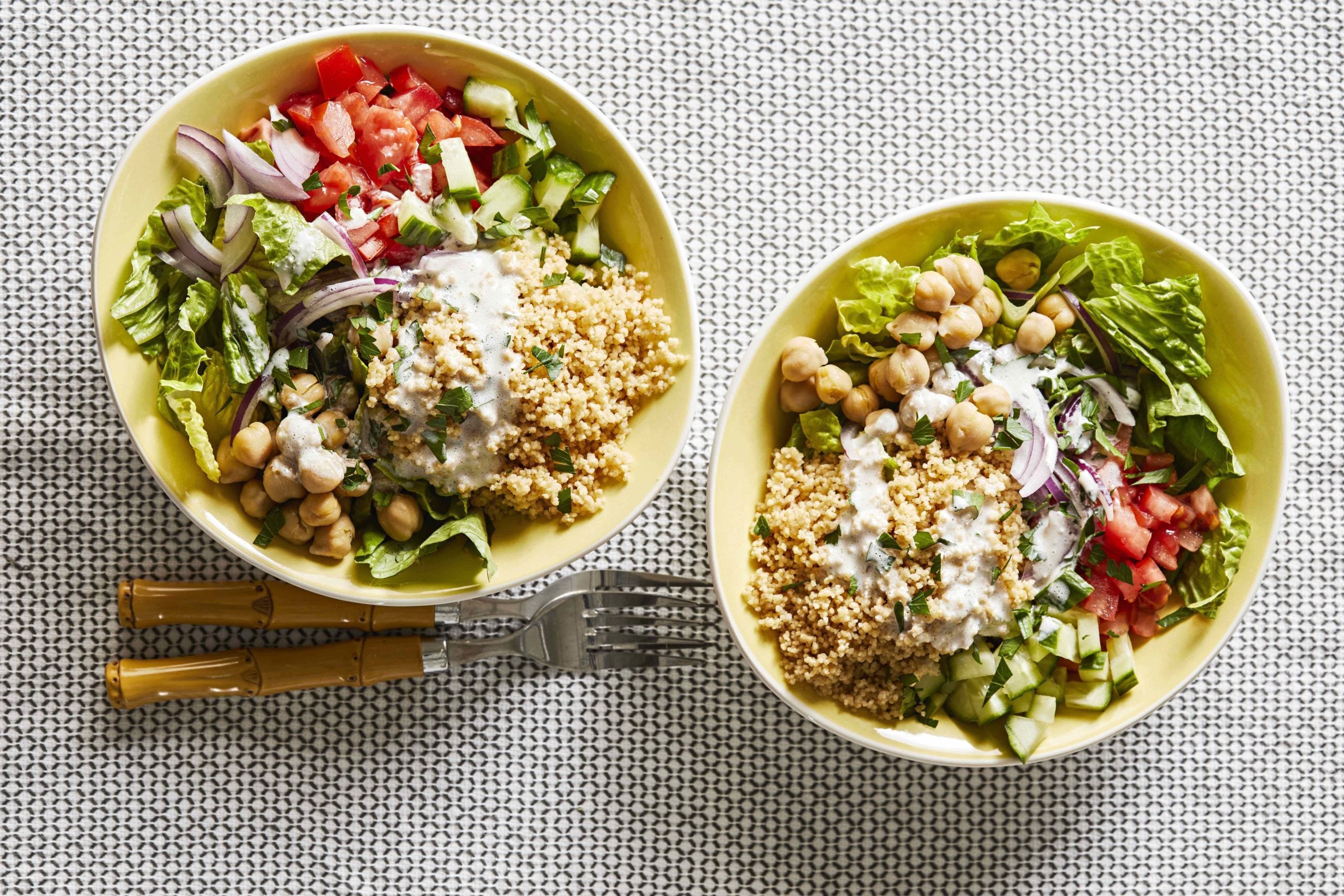U.S. Speedy meals chains embrace shift to ‘opportunity meat’
NEW YORK – Burger King has grown to be the modern speedy meals chain in the United States to feature an opportunity for meat choice, becoming a member of an enterprise-wide push to attract increasing numbers of health- and environment-conscious customers. In early April, fifty-nine of the quick food giant’s restaurants within the St. Louis region started presenting the Impossible Whopper, a vegetarian version of its signature burger priced about a dollar better than the original. Following the hit test run, Burger King announced it might introduce the meatless option nationwide by the end of the year.
“Restaurants are virtually seeking to faucet into a number of the developing customer motion round shifting some of their weight loss plans or (adopting a) plant-based weight loss program,” stated Aaron Adalja, assistant professor of meals and beverage management at Cornell University. Amid soaring U.S. Demand for meat substitutes — a marketplace that grew 23 percent in 2018 to exceed $760 million (¥83.1 billion) in income — corporations like Beyond Meat and Impossible Foods have been leading the rate to increase plant-based total products that look and taste like Meat.
The services of these two California companies target a developing population of “flexitarians,” who, for health and environmental reasons, have turned to plant-primarily based meals as an alternative for some or maximum in their regular meat intake. Founded in 2009, Beyond Meat uses a protein blend derived from mung beans, peas, and brown rice in Beyond Burger, with small quantities of beet and pomegranate for meat-like color. Mitsui & Co., an investor within the organization on account of 2016, said it intends to promote plant-based meat alternatives in Japan, even though it has not announced its plans yet.

Impossible Foods was established in 2011 and debuted its Impossible Burger at the fashionable New York restaurant Momofuku Nishi in 2016. The organization uses soy and potato proteins in its burgers and an iron-containing molecule known as heme, providing each a purple coloration and a specific meaty taste. Both agencies have finished prominence in a crowded market. Beyond Meat, products are to be had in more than 30,000 shops, such as health-conscious grocer Whole Foods and the short meals chain Carl’s Jr., at the same time as Impossible Foods objects are utilized in a few five, ,000 eating places inside the United States and Asia and could come to supermarkets later this yr.
In April, Recame the largest restaurant chain to roll out in April the Impossible Burger. White Castle additionally debuted the Impossible Slider that month, supplying the plant-based model nationally for $1.Ninety-nine in comparison to its $1 original slider. “More customers have been telling us they have been craving vegetarian alternatives,” White Castle Vice President Jamie Richardson said. “Impossible Food is a fantastic accomplice, and we are excited to run with them.”
The organic-focused chain Bareburger serves both the Impossible Burger and the Beyond Burger in all its more than 30 U.S. Places, permitting clients to replace a meat patty with a plant-primarily based one for a rate boom of around $3. However, there are six Carl’s Jr. Restaurants and two Bareburger places in Japan. Neither business enterprise plans to provide opportunity meat alternatives inside the usa in the immediate future.
There has also been pushback from critics amid the race to scale up mock-meat production. The former said it has now not been capable of relaxing a sufficient amount of plant-primarily based meat products for its locations in Japan. The latter raised the difficulty of cost as a barrier. “Many of the radical products in the marketplace are relatively processed, and they comprise components such as soy that has a bad press,” stated Ricardo San Martin, head of the Alternative Meats Lab at the University of California, Berkeley.
“They are also excessive in salt or comprise saturated fat, and the price continues to be high,” he said of the products, a lot of which use coconut or sunflower oils to mimic the fat content material of pork. The use of new genetic engineering approaches before information on long-term protection has also drawn scrutiny, mainly in Impossible Foods. Its signature component — soy leghemoglobin, a protein that incorporates heme for a meat-like coloration and taste — is produced through the fermentation of genetically engineered yeast.
In 2017, critics and the ETC Group raised concerns over the U.S. Food and Drug Administration’s inconclusive findings on the protection of eating the protein. After Impossible Foods carried out further studies, the FDA gave its stamp of approval closing 12 months. “I think getting over that hump of the belief that these meat alternatives are closely processed is going to be a barrier to wider adoption,” Cornell’s Adalja stated. “(But) I suppose that a couple of essential speedy meal chains have started experimenting with its miles promising.”

















